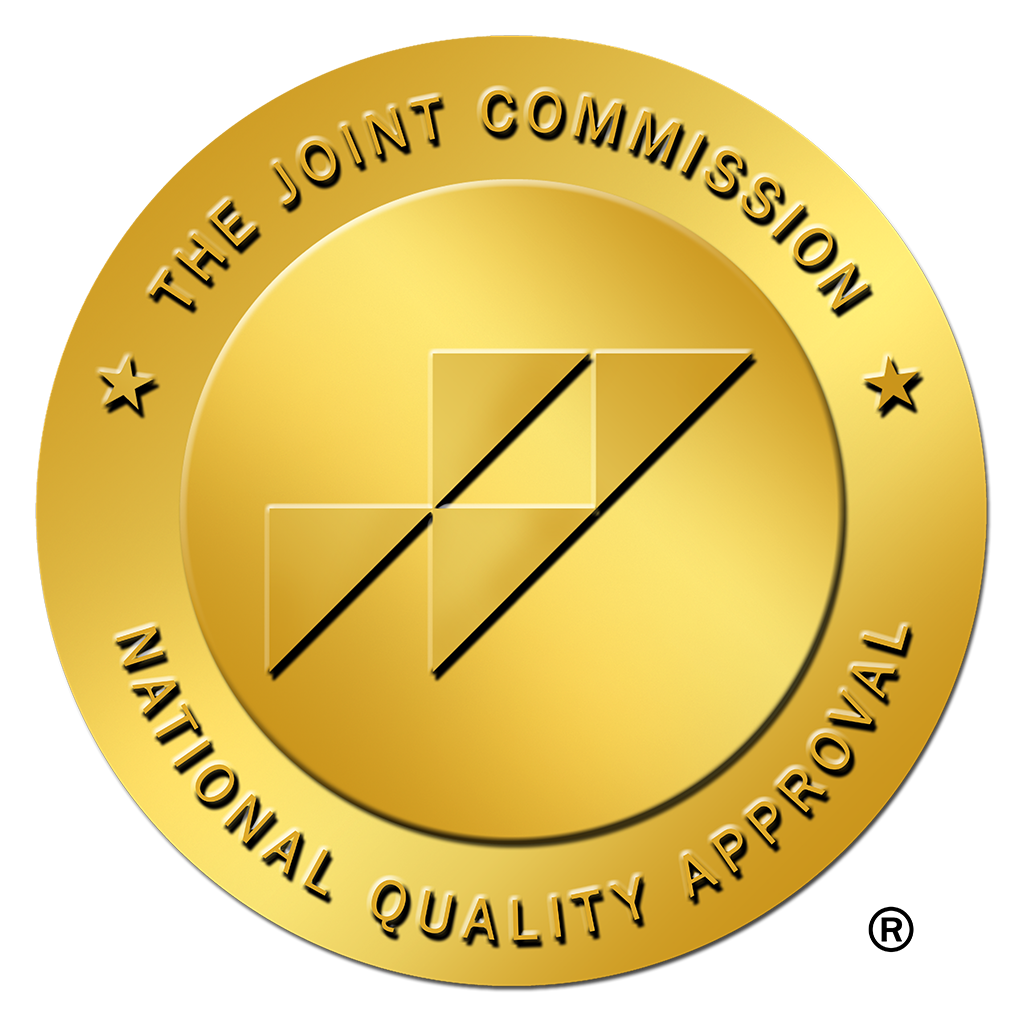Stress is an unavoidable part of life, but for those in addiction recovery, it can feel like a dangerous trigger. When stress builds up, old habits may start calling your name.
However, developing healthier ways to cope can make all the difference. By practicing stress management techniques, you can navigate challenges without turning to substances.
Understanding Stress in Addiction Recovery
Stress can come from work, relationships, finances, or even the recovery process itself. Early recovery can be especially tough as you adjust to life without substances. Learning how to regulate your emotions and handle stress in a productive way is key to long-term success.
If stress has been a major relapse trigger for you in the past, it’s important to recognize the warning signs early. Increased anxiety, irritability, trouble sleeping, and overwhelming cravings are signals that your stress levels may be too high. The sooner you recognize these signs, the faster you can take action and practice stress management.
Healthy Coping Strategies
Instead of letting stress push you toward old habits, try these healthier coping mechanisms:
1. Practice Mindfulness for Recovery
Mindfulness is a powerful tool for staying present and managing stress. Simple practices like deep breathing, guided meditation, or body scans can help you stay grounded when anxiety creeps in. Apps like Headspace or Calm, as well as free videos on YouTube, offer easy ways to incorporate mindfulness into your daily routine.
2. Exercise to Release Tension
Physical activity is one of the best stress relievers. Exercise releases endorphins, which naturally boost your mood. Whether it’s a brisk walk, yoga, or weightlifting, moving your body can help reduce tension and improve emotional regulation.
3. Build a Strong Support System
You don’t have to manage stress alone. Connecting with a support group, therapist, or trusted loved ones can help you process emotions in a healthy way. If you’re enrolled in a program like a Partial Hospitalization Program (PHP) or Intensive Outpatient Program (IOP), take advantage of the resources available to you.
4. Develop a Creative Outlet
Journaling, painting, music, or other creative activities can serve as a healthy escape when stress feels overwhelming. Expressing yourself through art or writing can help you process emotions and redirect negative energy into something productive.
5. Stick to a Routine
Structure and consistency keep stress levels in check. Establishing a daily routine with designated times for self-care, work, and relaxation can prevent being overwhelmed. Prioritizing sleep, hydration, and nutrition also plays a significant role in maintaining emotional stability.
6. Use Breathing Techniques for Instant Calm
When stress spikes, your breathing may become shallow. Practicing controlled breathing exercises can instantly help you feel calmer. Try the 4-7-8 method: inhale for four seconds, hold for seven, and exhale for eight. This simple practice can shift your body out of fight-or-flight mode.
7. Identify and Avoid Triggers
Certain situations, environments, or people may contribute to heightened stress. Identifying these triggers and creating a plan to handle them can prevent emotional overwhelm. If a certain place reminds you of using, finding an alternative space can be a helpful step in staying on track.
Finding Support When You Need It With Stress Management Help
Sometimes, stress can feel too heavy to handle alone. If you find yourself struggling to cope during recovery, reaching out for professional support is a sign of strength, not weakness. Milton Recovery Centers offers PHP and IOP programs designed to help individuals navigate the challenges of recovery while developing healthy coping skills.







